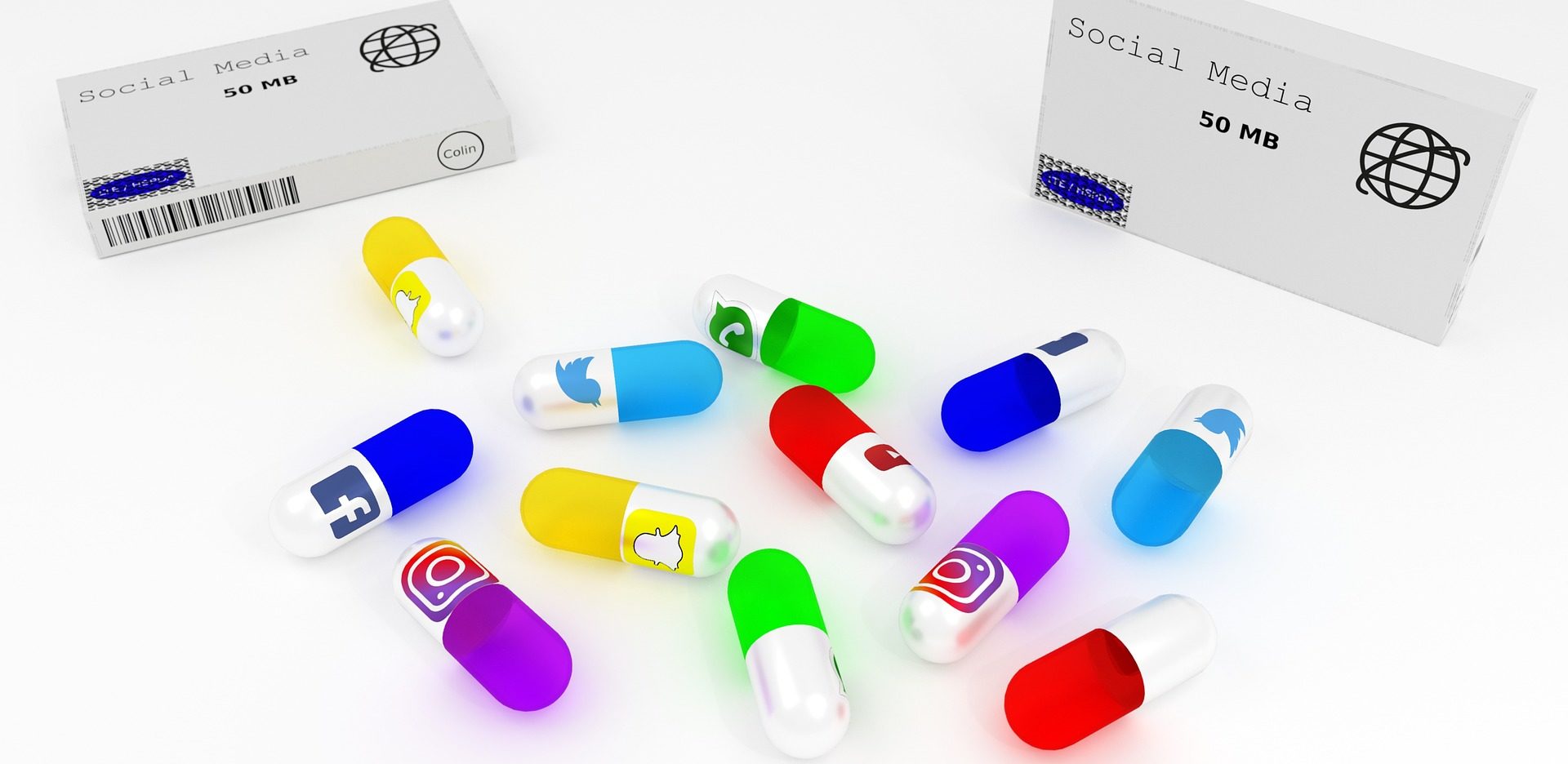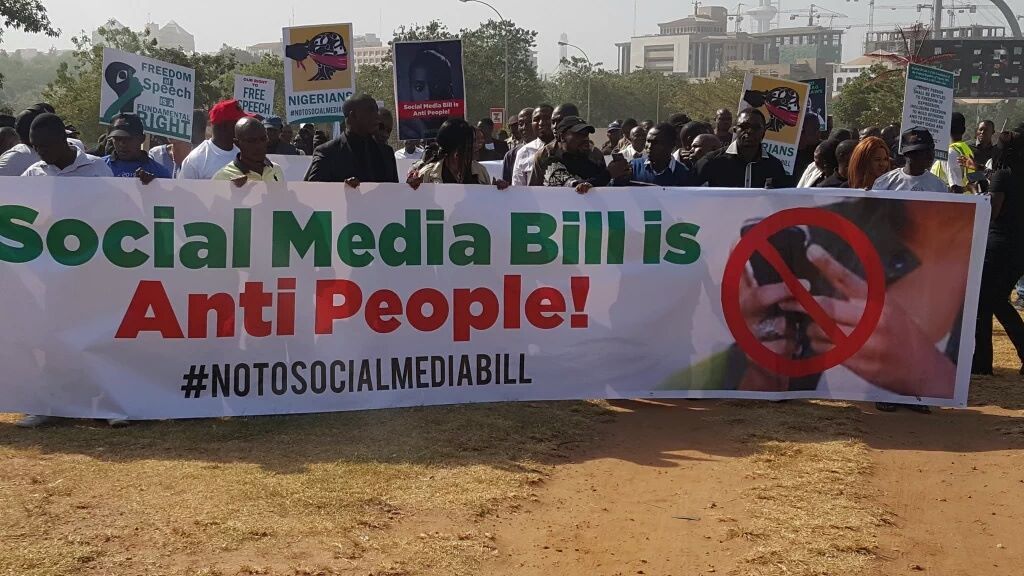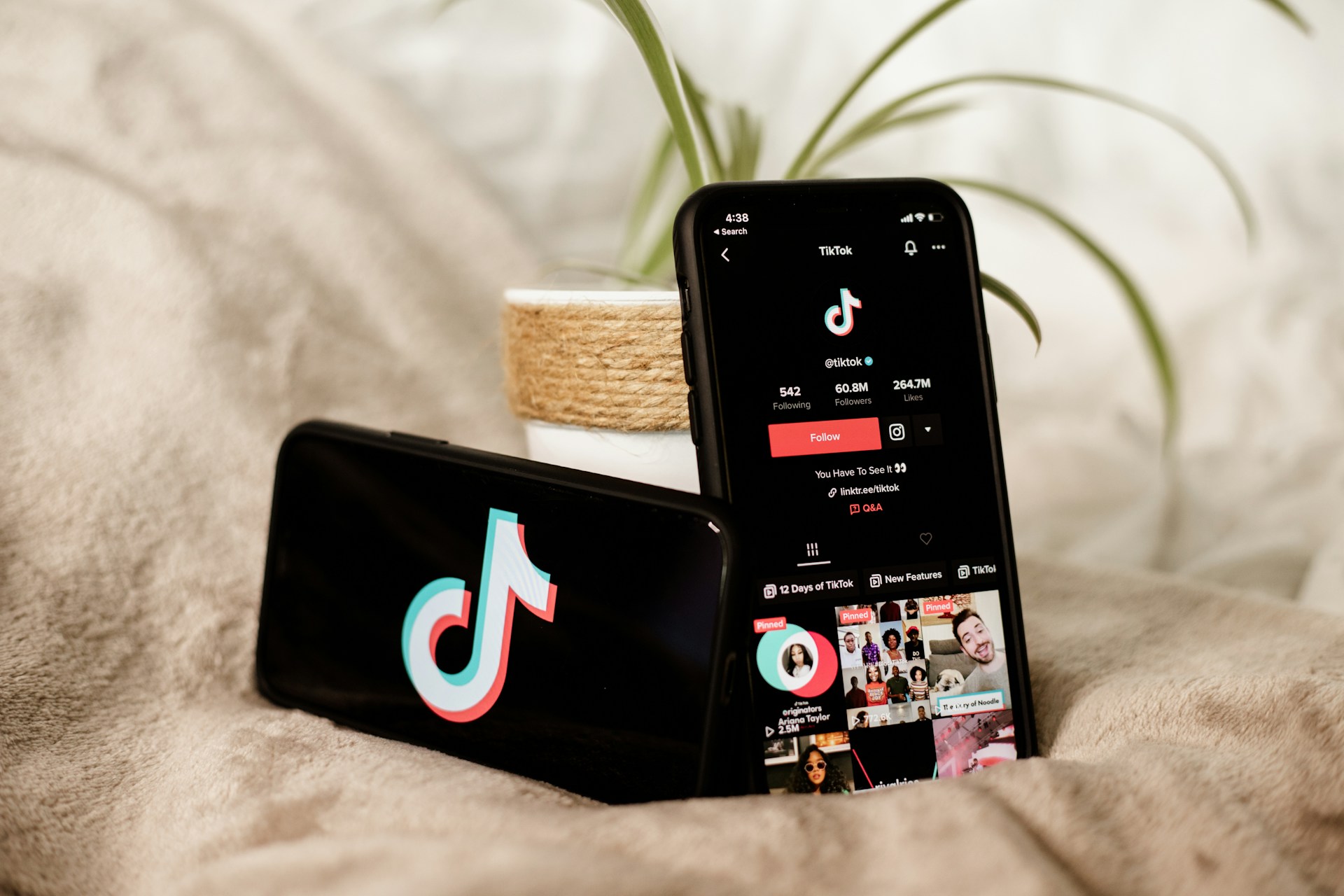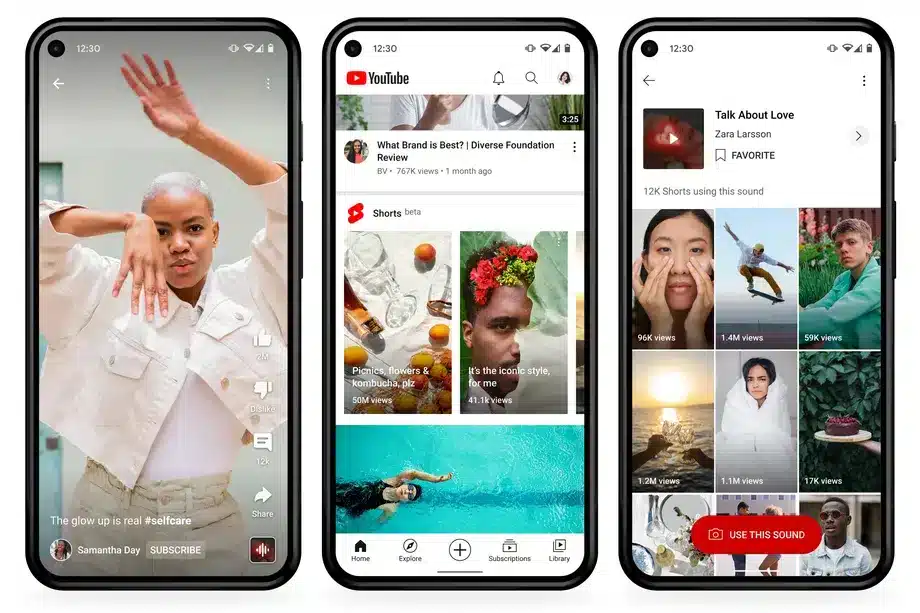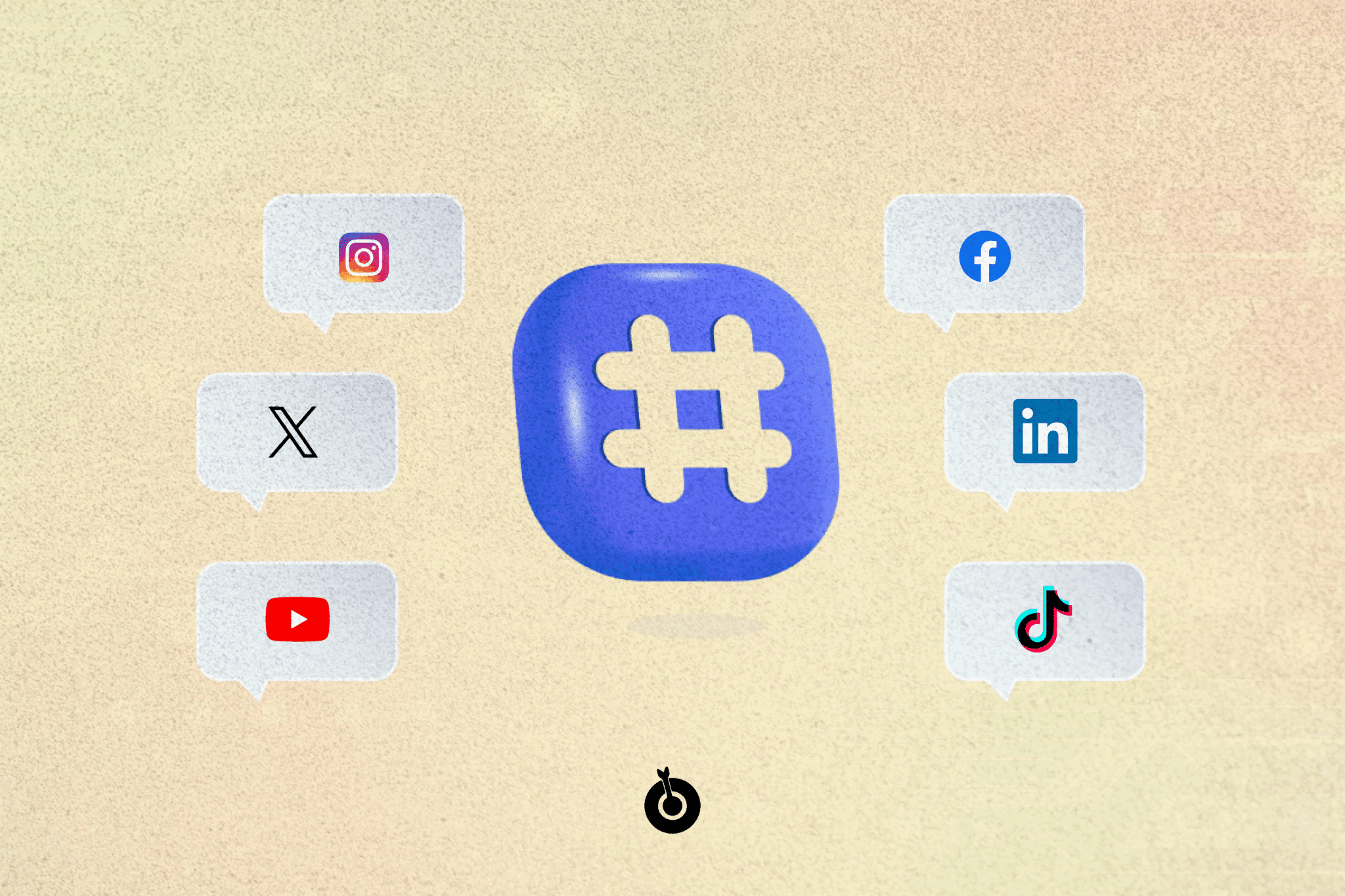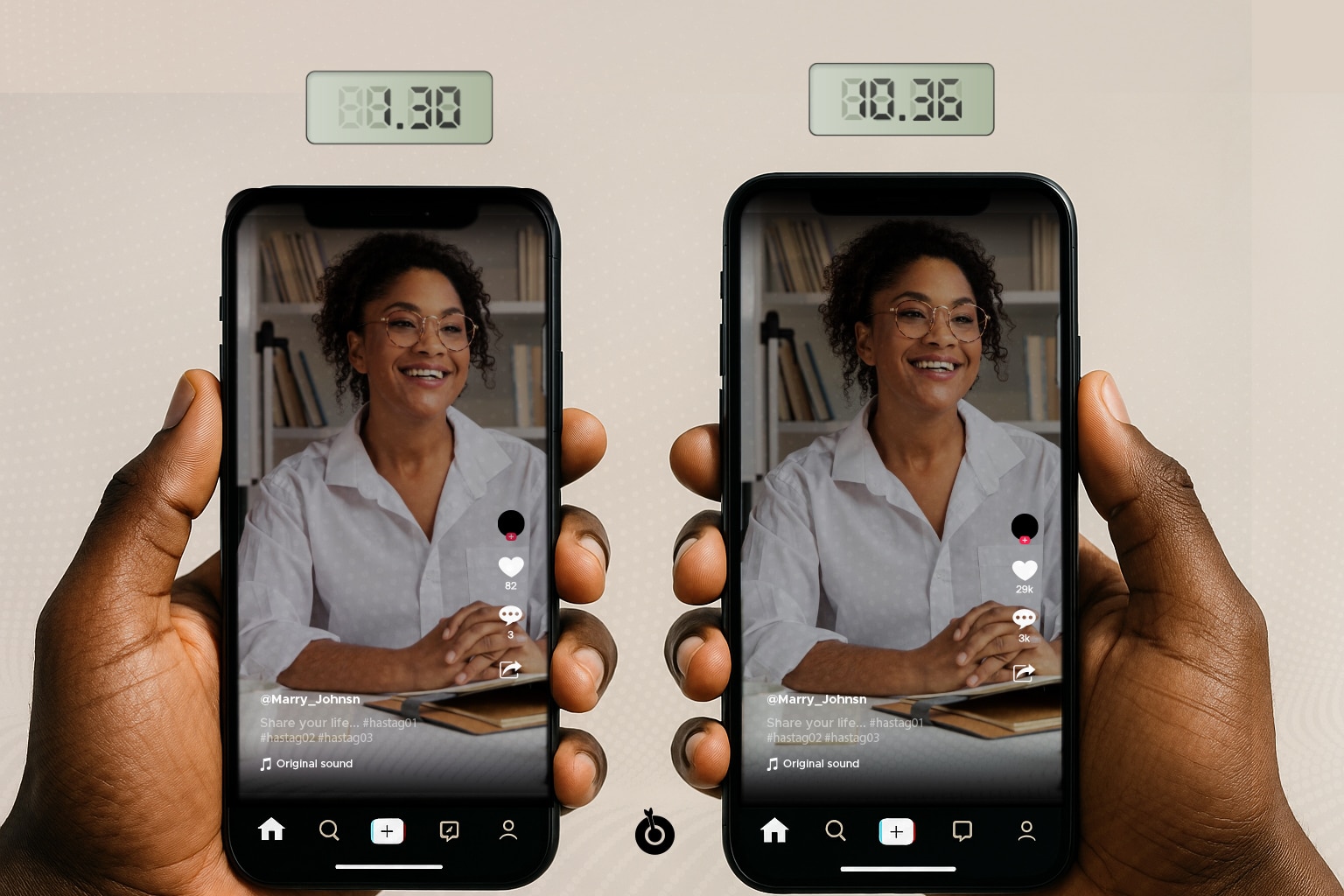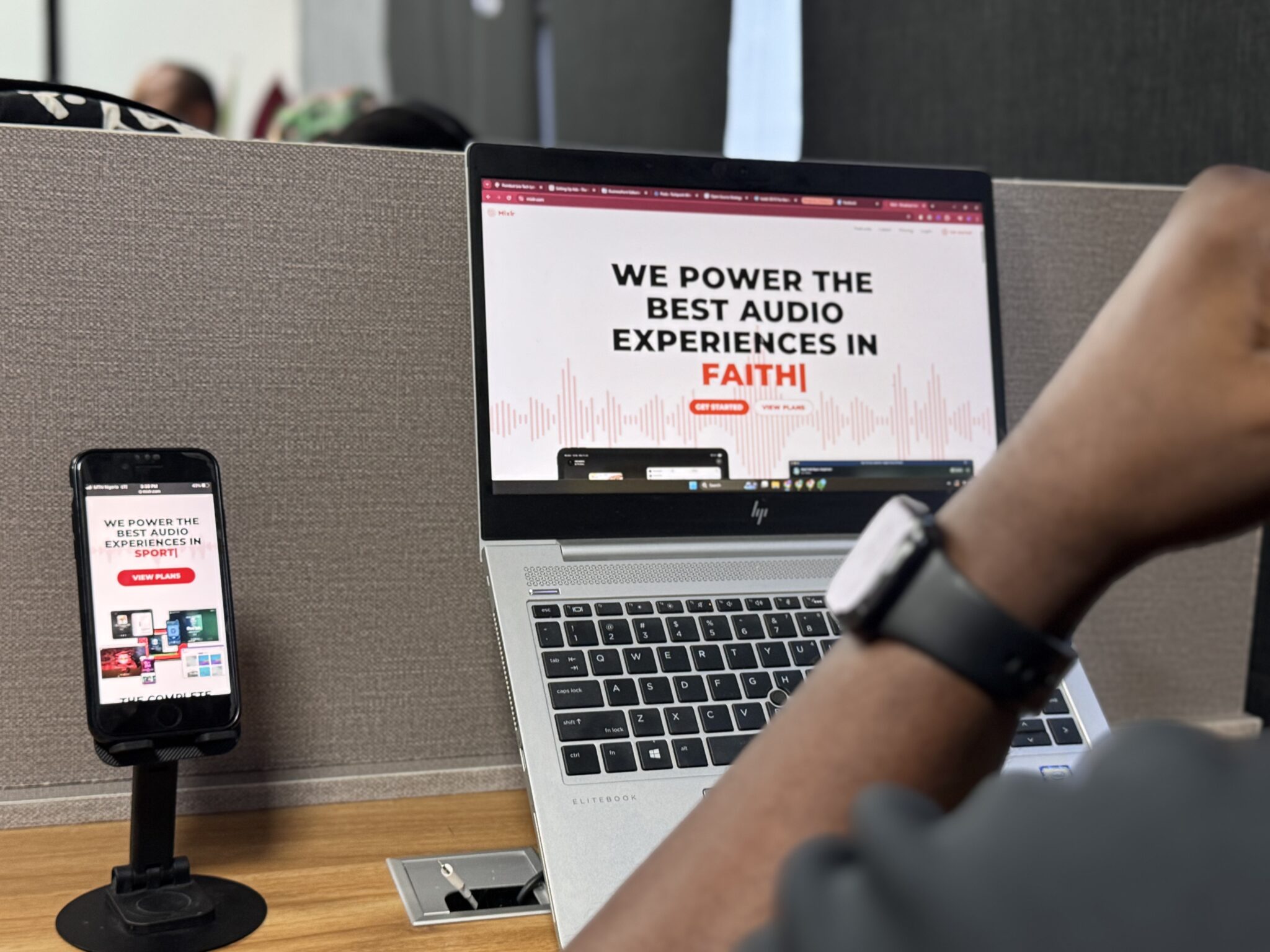Many years ago when I first read the popular quote, “If you’re not paying for the product, you are the product,” I was spooked; it even had me rethinking my relationship with the Internet. But I stayed because I’ve always loved the Google search engine.
Watching The Social Dilemma — Netflix’s documentary — reawakened my fears, but it might get some people to consider doing a social media detox.
Interestingly the quote, which existed long before social media, is connected to how television profited from advertising in the 70s.
If online media doesn’t adopt the model that worked for TV stations and other forms of traditional media, what other options exist?
But the problem is that artificial intelligence (AI) — the technology used for online media — is very versatile and out of human control.
The utopian and dystopian picture the documentary paints is one anyone can relate to. The boomers would have thought only the millenials and the generations after were doomed by Internet tools until they realised everyone was.
The fact that tech insiders and former founding execs at these tech giants projected their worries in the documentary reveals that the system of manipulating the human mind to get attention has gotten out of hand.
While Facebook and Google are major mentions because they contribute the highest growth to the digital ad market, other social media platforms weren’t left out.
Algorithms: Attention mining is a huge business
As an advertiser, with an app where baby shoes are sold, who wants to be seen by the right audience, what will you do?
You’ll probably find a platform with good coverage. And not just that, one that has a comprehensive knowledge of people and guarantees profit.
Enter Google, Facebook, and other ad networks. To a large extent, these apps know many things about everyone using them. So much for user privacy.
Your baby shoe ad will probably pop up for someone who recently searched Google for symptoms expected in the first trimester of pregnancy, watched a workout session for pregnant women on YouTube, ordered a book about vaccines for children, or recently joined a Facebook group for home child delivery.
Asides using digital footprints and app algorithms, they can do this by tracking your activities through your phone’s unique ID.
On Android devices, it is called Google Advertising ID (GAID) while on Apple devices, it is the Identifier for Advertisers (IDFA). However, with Apple’s plan to upgrade its operating system, it seems ready to curb personalised ads without users’ permission.
On the surface, we don’t think of any of this ruining our lives. After all, they are only suggestions which you are free to ignore. But what happens when you find out your choices are being influenced? What if you know that your interests have been shared with advertisers?
Would you not have felt more in control if you got a notification saying, “An app would like permission to track your activities across apps and websites owned by other companies. Your data will be used to deliver personalised ads to you.”
The Internet never forgets; here’s why you should be careful
The portrayal of a supervillain in control from his secret lab in The Social Dilemma gives an idea of how algorithms in popular searches, videos, and social media are used to influence our online and offline decisions. This manipulation is what tech execs decried.
Disturbingly, it also showed how Facebook has played a divisive role in many countries’ democracy, including African nations.
Even though it appears to be a matter of global concern, some countries feel the effects more than others. Consequently, this is a factor of exposure to the platforms.
For one, African countries contribute very little to these tech giants’ ad revenue, signifying milder exposure. Apple’s plan for proper user privacy would be barely felt on the continent as devices that run on iOS are sparingly used in Nigeria, and this is typical of the African continent.
…and Africa is a booming market
Compared to the world’s average of 53.9%, Africa’s Internet penetration of 28.2% is relatively low. Of course, this differs across countries with some West African countries ranking higher.
Have you ever wondered why some of the Tech Giants are very interested in connecting Africa to the Internet?
Given the large financial commitments required for undersea cable projects, offline apps, and products that work on low-range phones, etc., it is safe to say that they are not investing with short-term profit in mind.
The likely motivation for their activities on the continent is an increase in the number of people connected to the Internet. That such an increase will see more people use their platforms is a no-brainer. Also, this means they will have more customers for targeted ads.
For instance, excluding Asia-Pacific, US, Canada, and Europe where Facebook has about 1.7 billion monthly active users (MAUs), it is less than one billion MAUs in the rest of the world. In 2019, Nigeria had 33 million MAUs, the highest in Africa .
Though Africans haven’t experienced most of the pain points the documentary mentions, the use of the Internet on the continent has brought about an increase in the suicide rate among young people due to depression, political manipulation, social unrest, and fake news dissemination, to mention a few.
Are African governments being proactive or overreacting?
During several discussions, African governments have been criticised for their reactions to the use of the Internet.
While there is proof of how dangerous the tools can be with regard to hate speech, cyberbullying, misinformation, and other vices, the measures being taken are sometimes extreme and inappropriate.
While some countries have passed the Social Media Bill — which infringes on their citizens’ rights — into law — others have begun to tax social media use, while some are in the process of doing so.
Also, many African countries have placed some form of censorship on Internet activities, most of which are presented as laws to guide against misinformation, hate speech, or Internet crimes. Reported cases of Internet shutdown on account of preventing exam malpractices gives credence to this.
It is however not clear how many of these infringements have yielded the desired results.
Alex Roetter, a former Senior VP of Engineering at Twitter believes that “the bigger it gets, the harder it is for anyone to change.” And it appears the few recommendations from the documentary are timely given the nascent nature of the African Internet market.
Governments can hold the tech companies responsible, collect tax on data assets, regulate the companies, or institute digital privacy laws.
But then, taking into consideration the track record of African governments, what guarantees that the solutions will not be used to browbeat the citizens?
These African countries have various forms of Internet censorship
Related Story: Are hashtags dead in 2025?
Featured image credits: Colin Behrens from Pixabay.

